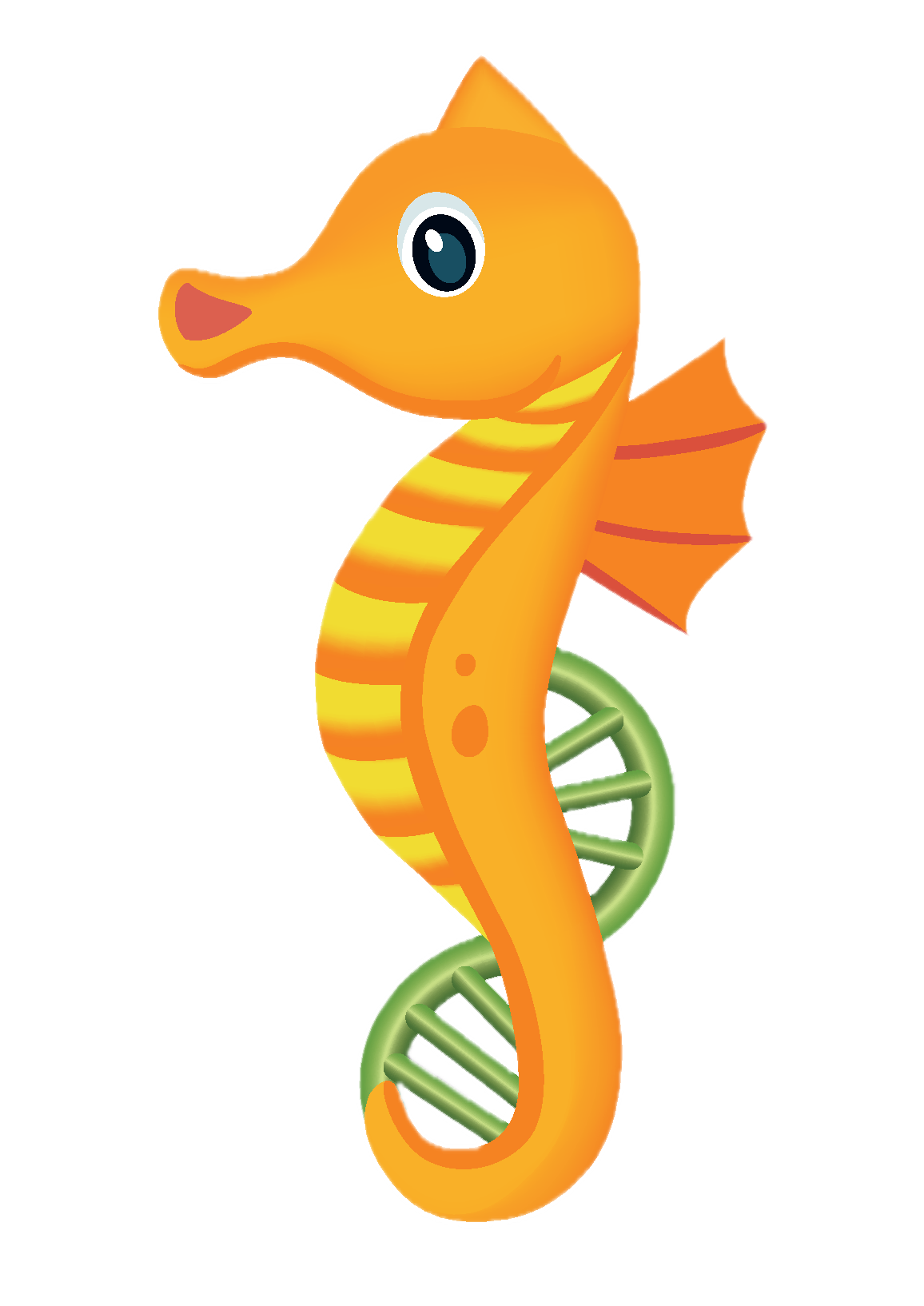Approach
The CHAMP project gathers data on children and adolescents across diverse environments, employing methods from both social and natural sciences within a cohort study design. CHAMP embraces a participatory approach, where children, young people, and those in their immediate surroundings actively contribute to shaping the project. Alongside a group of experts from various fields, CHAMP engages young advisors to ensure the direct integration of youth perspectives and voices into the research process.
CHAMP comprises two phases
-
Phase one
In phase one of the project, data collection will involve administering questionnaires to children and adolescents aged 4 to 17 across diverse out-of-home care settings, boarding homes, and public schools. This strand of the research will examine various mental health indicators, executive functions, learning outcomes, and experiences of bullying, while also exploring their relationships with a wide range of child internal and external factors. Adolescents aged 10–17 will self-report, while caregivers will respond on behalf of children aged 4–17.
-
Phase two
Phase two of the project targets children aged 4 to 12, utilising a comprehensive array of behavioural assessments for direct evaluation. These assessments consist of game-like tasks tailored to investigate executive functions, mental health indicators, and learning, complemented by epigenetic testing. The primary aim of this phase is to deepen our comprehension of the biological and psychological consequences arising from early adversity. This investigation spans various environments, encompassing both out-of-home care contexts and the general population.
The project employs a developmentally appropriate approach, integrating the specially crafted mascot, ‘CHAMPY the seahorse’, to accompany younger participants throughout their CHAMP study journey. This unique mascot serves as a friendly guide, fostering engagement and rapport, particularly among our younger participants.
By combining different research methods, the project aims to expand our understanding of the effects of early adversity comprehensively. It fills a critical gap in research by conducting a multilevel investigation into the socio-contextual, cognitive, and epigenetic factors influencing mental health and education outcomes in children who have experienced early adversities. By incorporating interconnected variables at multiple levels, this project establishes a stronger foundation for future research and intervention efforts aimed at improving the lives of vulnerable children.
